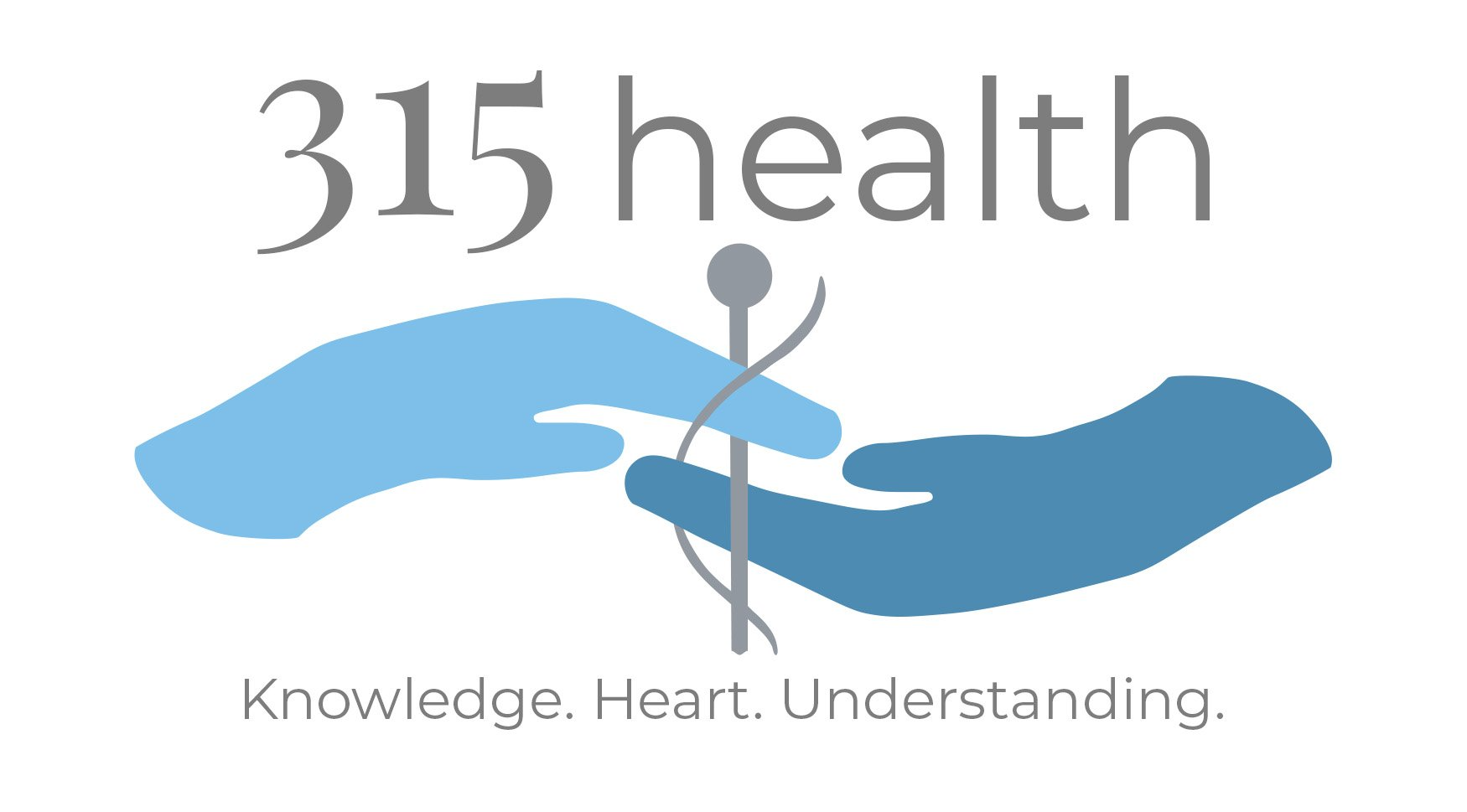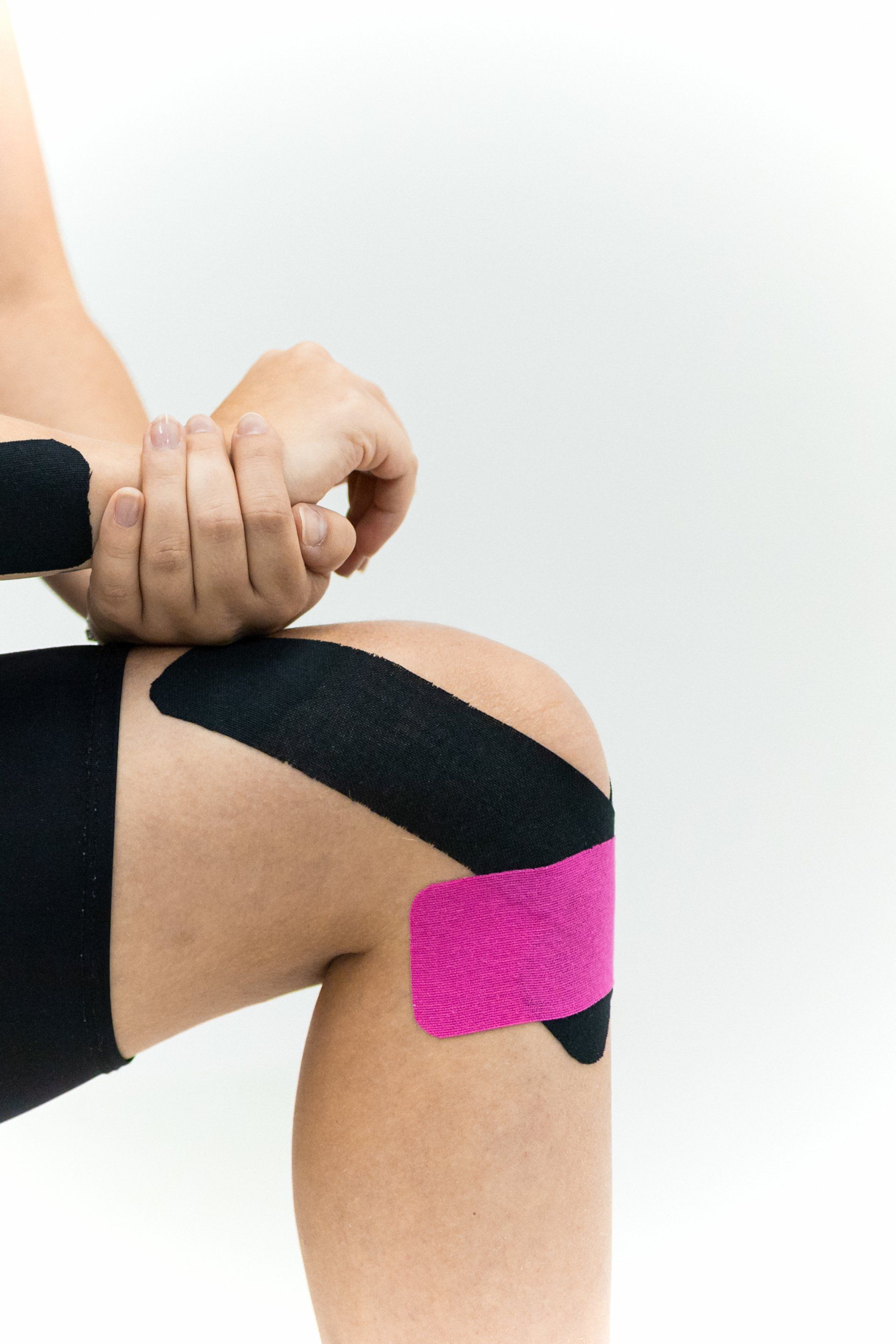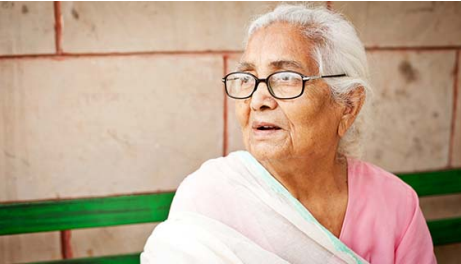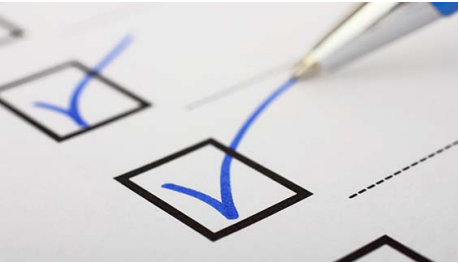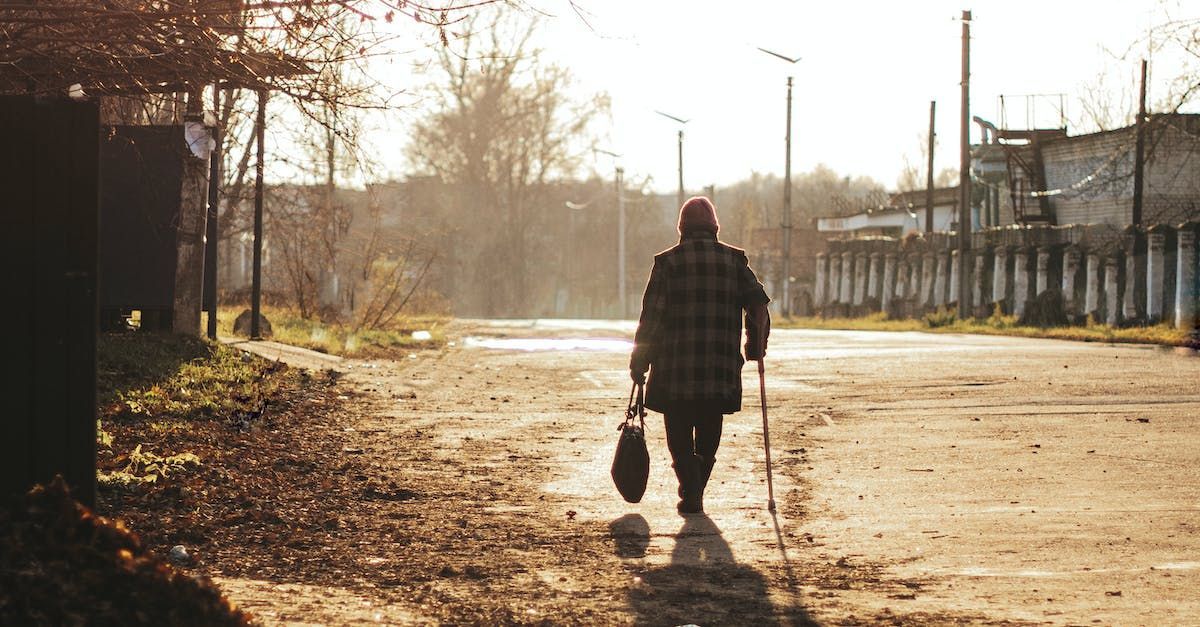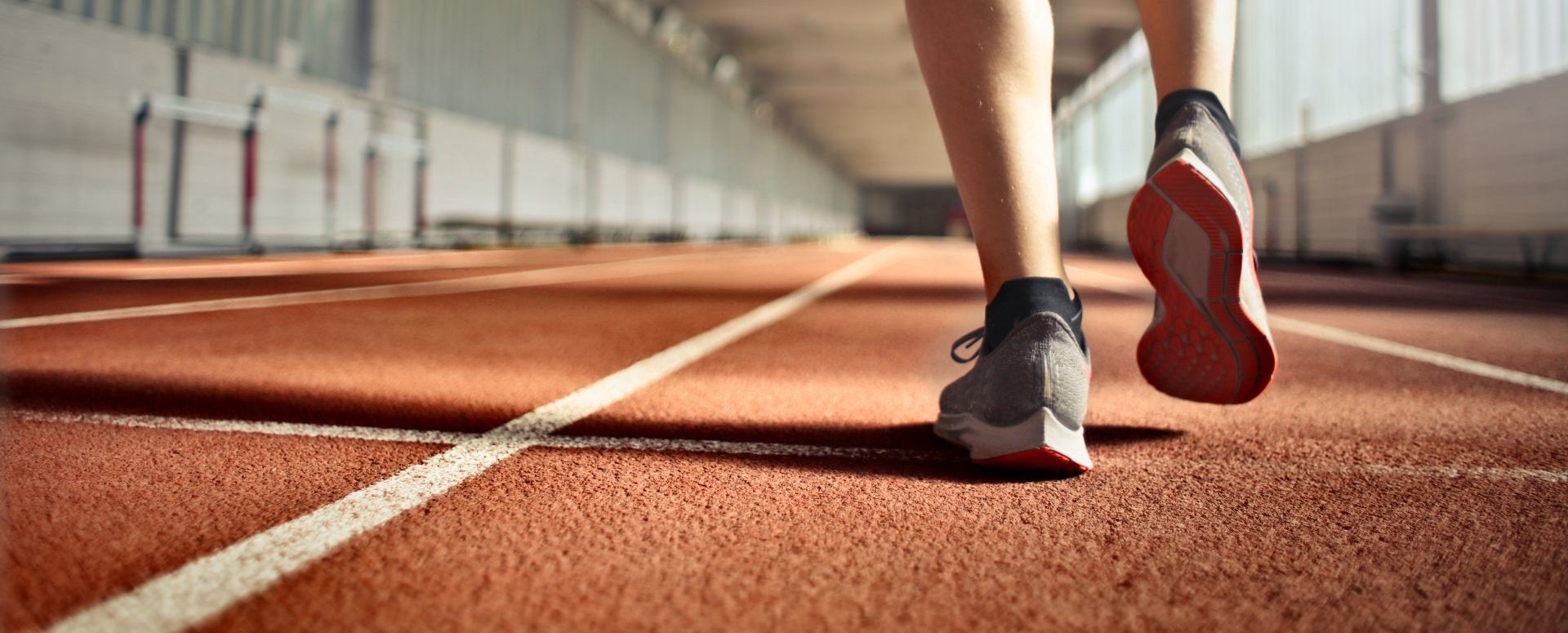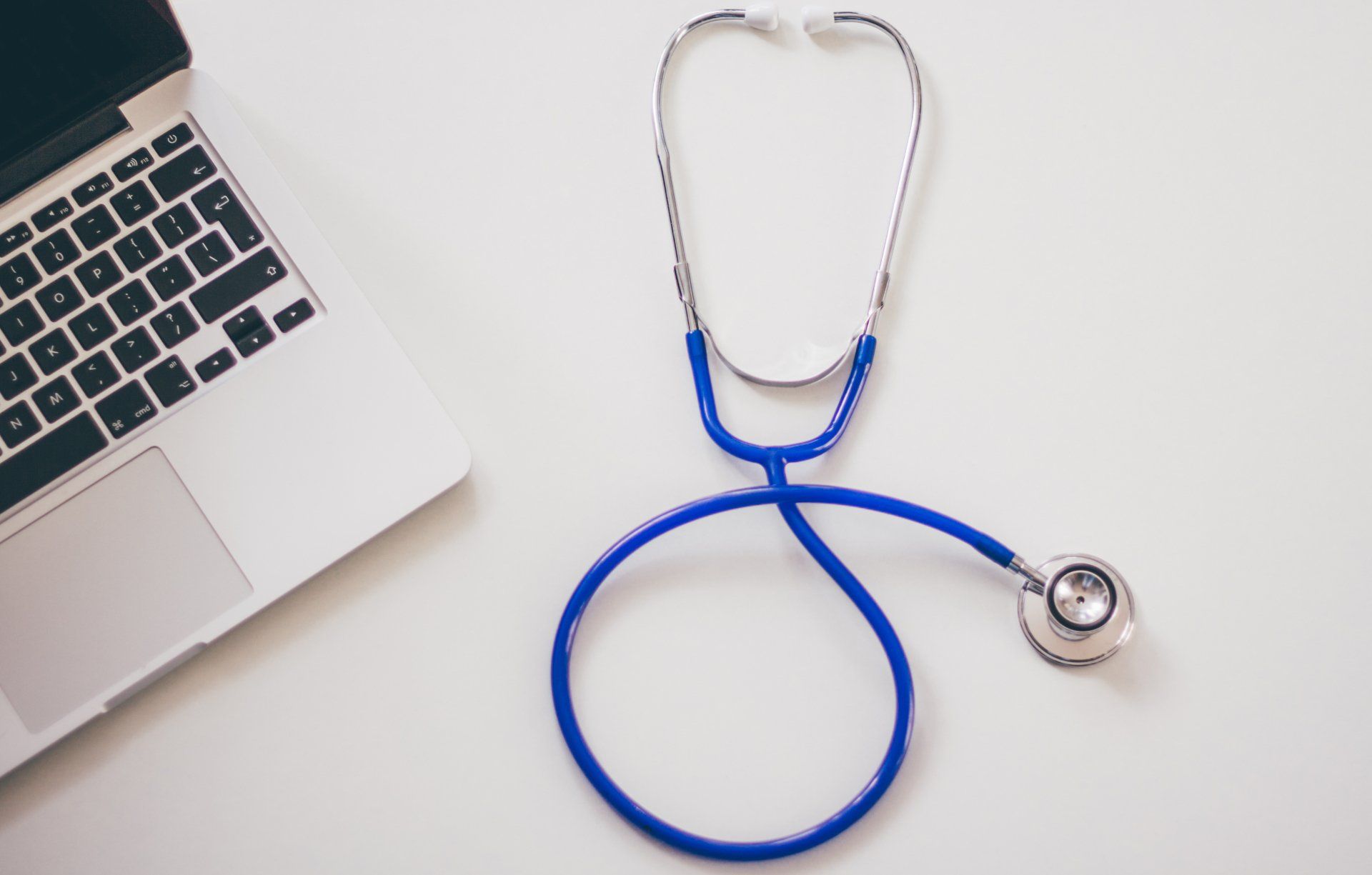Pins & Needles
Pins & Needles
Numbness is a condition where you can't feel anything in part of your body. Pins and needles are a tingling feeling or prickling sensation that is often felt in hands or feet. Usually this is due to pressure on nerves or the blood vessels that supply nerves. This often happens after you've been in an awkward position, like sitting cross-legged, or it may be the sign of a trapped nerve. Occasionally, it may be the sign of a more serious underlying problem such as diabetes. The most common causes are mentioned below.
How to get rid of pins and needles
Immediate
- Loosen any tight clothing/shoes.
- Get up and shake the limb if you have been sitting/leaning on it for a long time.
Medium-long term
- Minimize neck/back problems by:
- Avoiding lifting heavy weights
- Avoiding repetitive movements.
- Taking regular breaks at work.
- Avoiding poor posture - consider doing yoga or Pilates
- Control diabetes, if you have it, with diet, medication and regular check-ups.
- Avoid excess alcohol.
- Avoid vitamin B12 deficiency by eating a mixed diet or have a blood test to check whether you need supplements.
Driving is not a problem for simple numbness/pins and needles but restrictions apply if the situation is more complicated or if diagnosis is less clear. If in doubt, contact the Driver and Vehicle Licensing Agency (DVLA).
When should I be worried about pins and needles?
You should dial 999-112-911 to call an ambulance if you notice you have a loss of power down one side of your body (a possible stroke).
If the attacks of numbness/pins and needles recur or you do not make a complete recovery, you should see your doctor soon to seek medical information. You should also go if you have signs of a neurological disease (worsening loss of power or sensation in part of the body, difficulty walking, falls).
If you have lots of attacks, or you hurt yourself because of the numbness, your GP may want you to see a specialist. In all other cases, you should see your GP.
Is it serious?
This depends on the underlying cause.
- Persistent numbness of the feet can lead to falls which can be serious in the elderly.
- Persistent numbness of the hands can affect your grip and make you prone to burns and injury.
What causes pins and needles?
Numbness and pins and needles occur when you lose normal sensation in an area of the body. This happens because pressure cuts off the blood supply to nerves that send signals about sensation to the brain. This can affect any part of the body - eg, hands, feet, face.
This list does not include all the possible causes of numbness/pins and needles but lists some of the more common causes, including:
- Pressure
- Wearing tight shoes or sitting on your foot can give you a numb foot or leg or cause pins and needles. This kind of numbness has an obvious cause, gets better when the pressure is removed and doesn't cause any further problems.
- Trapped nerve
- Numbness or pins and needles can also be due to a trapped nerve. A slipped disc or back problem can put pressure on a nerve that travels from your spinal cord, down your leg and into your toes. A trapped nerve in the neck can also cause numbness or pins and needles anywhere from your neck, down your arms and into your fingers. Carpal tunnel syndrome is a trapped nerve at the wrist, giving you pins and needles and pain in the hand and loss of grip. Other examples are thoracic outlet syndrome and spinal stenosis.
- Diabetes
- Diabetes can damage small blood vessels that supply nerves in fingers and toes. This can cause pins and needles, pain or numbness in the hands and feet (peripheral neuropathy). Being unable to feel anything in your hands and feet can be dangerous, as you may stumble, drop things or not realize when you are touching something hot.
- Injury
- Damage to nerve endings in fingers or toes can be the result of an injury. People who use vibrating tools a lot may also develop nerve damage and may experience pins and needles.
- Medicines
- Some medicines can cause nerve damage. It is usually reversible when the medicine is stopped. The medicines include some chemotherapy medicines used to treat breast cancer and lymphoma, antiretroviral used to treat HIV/AIDS, and the antibiotic metronidazole.
- Diseases that damage nerves
- Many medical conditions can damage the nervous system and cause areas of numbness or pins and needles. These include stroke, multiple sclerosis and brain tumors. These conditions are serious but relatively rare and will all cause other symptoms in addition to the numbness/pins and needles.
- Alcohol
- Alcohol abuse can damage nerves.
- Vitamin deficiency
- Vitamin B12 deficiency is common among very elderly people, vegans and people with a condition called pernicious anemia. The lack of vitamin B12 causes anemia and nerve damage.
- Treatments
- Treatment will depend on the likely cause of your numbness/pins and needles. You may be asked to keep a diary of the circumstances in which they happened. Most cases will be managed by your GP but you may be referred to a hospital for further investigation and treatment.
What investigations might I need?
The doctor will want to know more about the length of the periods of numbness/pins and needles to aid diagnosis and treatment. Is there any obvious cause? Have you started new medication? Do you drink a lot of alcohol? Do you have diabetes? These details will help the doctor to make a diagnosis. Your doctor will examine you. They will check your heart, including your blood pressure and pulses in your wrists and feet. Your nervous system will be checked and you may be asked whether you can feel a pinprick or other sensations in your limbs. You may be asked to have a blood test to check for diabetes, anemia and vitamin B12 levels. Further tests of your heart and nervous system may be necessary.
Knott, D. L. (n.d.). Pins and Needles. Patient. https://patient.info/signs-symptoms/pins-and-needles-numbness
